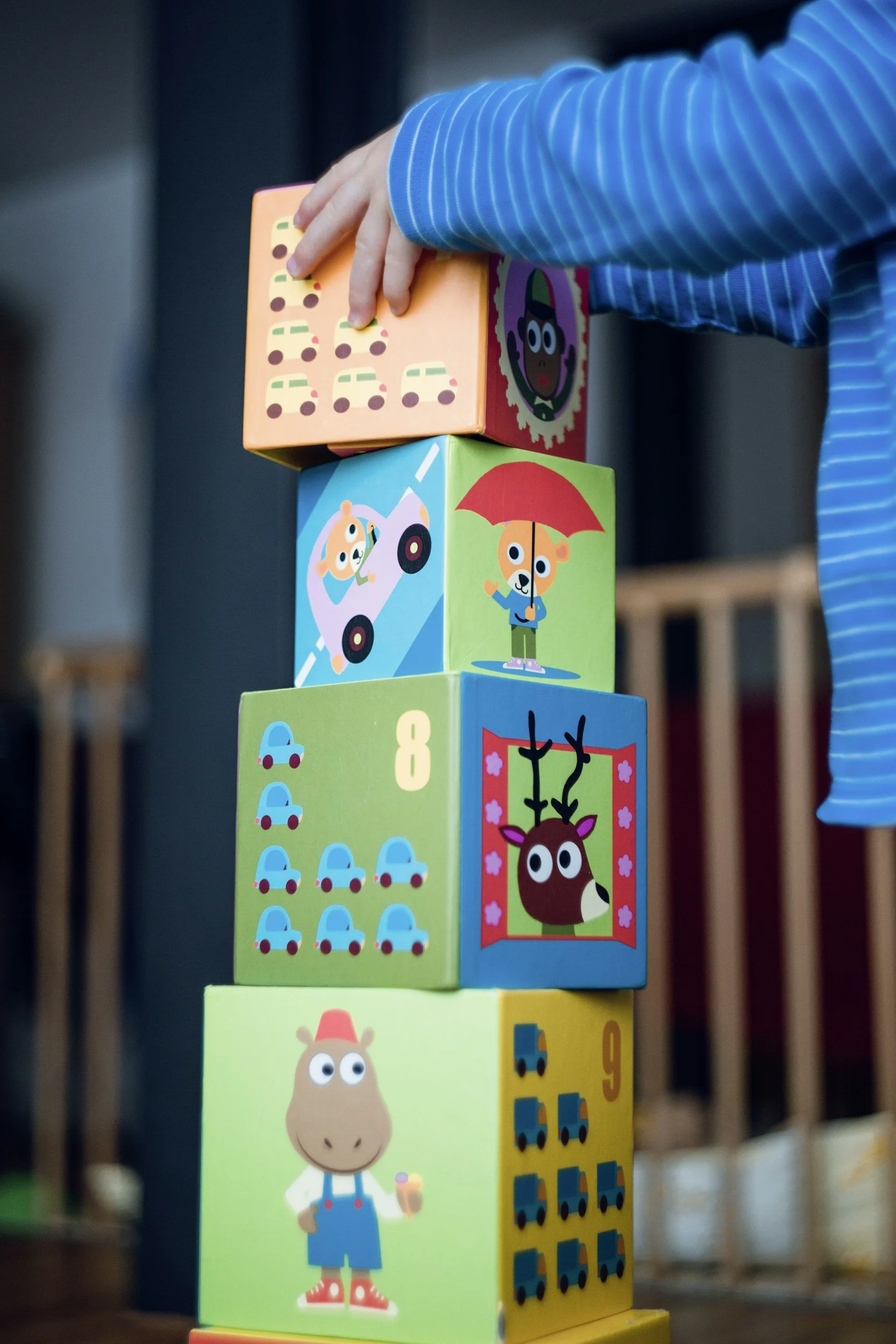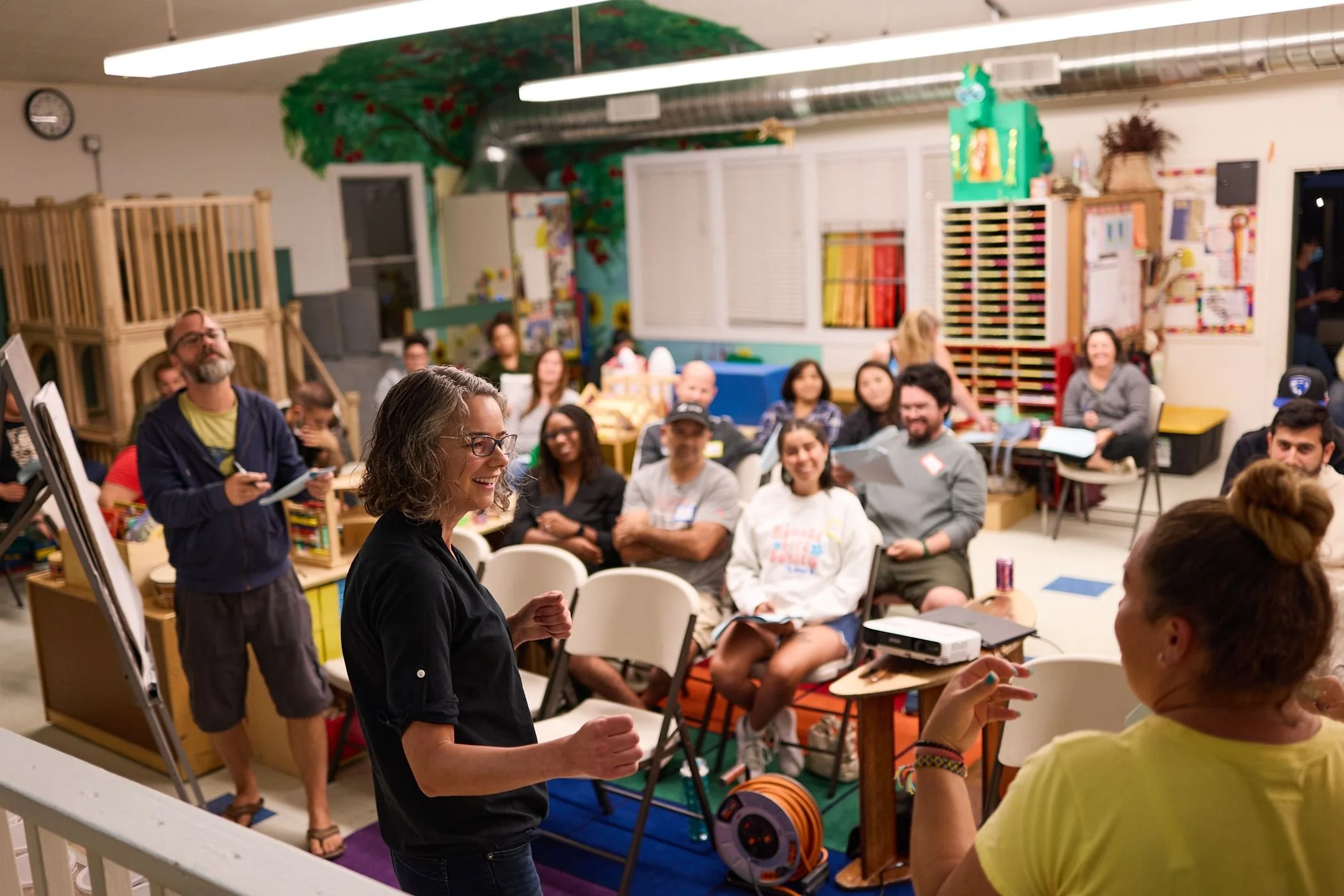Evidence-Based Practices
Treatment strategies
-
PROMPT Therapy is a unique philosophy and approach to assessment and treatment of speech delays or disorders. This technique employs a tactile-kinesthetic (touch and feel) approach where an SLP places his/her hands on the client’s face to guide his/her jaw, lips, and tongue to move correctly to form words.
-
Myofunctional therapy is a specialized treatment designed to improve the function of the oral and facial muscles. This practice focuses on correcting issues such as incorrect tongue posture, mouth breathing, and other oral habits that can impact speech, swallow, and overall dental health. By integrating exercises that strengthen and retrain these muscles, myofunctional therapy aims to promote optimal oral function, enhance facial development, and support better breathing patterns. Ideal for individuals of all ages, this therapy can be a valuable component in comprehensive care, often complementing orthodontic treatment and other health interventions.
-
Augmentative and Alternative Communication (AAC) encompasses a range of tools, strategies, and methods designed to enhance communication for individuals with speech or language challenges. This approach includes both low-tech options, such as picture boards and communication books, and high-tech solutions, like speech-generating devices and apps. AAC supports individuals in expressing their thoughts, needs, and emotions, fostering greater inclusion and participation in social and educational settings. By providing diverse means of communication, AAC helps bridge the gap between those with speech limitations and their communities, promoting independence and empowerment.
-
The complexity approach to speech therapy focuses on addressing the intricacies of speech production and language development by targeting more complex linguistic structures. Rather than starting with simpler sounds or words, this method encourages clients to engage with higher-level language forms, on the premise that doing so can lead to more substantial improvement in overall communication skills. By promoting a richer language experience, the complexity approach aims to facilitate better generalization of skills and enhance both expressive and receptive language capabilities. This innovative perspective is particularly beneficial for individuals with speech sound disorders, as it aligns treatment with the natural patterns of language development, ultimately fostering more confident and
The complexity approach to speech therapy focuses on addressing the intricacies of speech production and language development by targeting more complex linguistic structures. Rather than starting with simpler sounds or words, this method encourages clients to engage with higher-level language forms, on the premise that doing so can lead to more substantial improvement in overall communication skills. By promoting a richer language experience, the complexity approach aims to facilitate better generalization of skills and enhance both expressive and receptive language capabilities. This innovative perspective is particularly beneficial for individuals with speech sound disorders, as it aligns treatment with the natural patterns of language development, ultimately fostering more confident and effective communicators.
-
Bilingual integration speech therapy focuses on supporting individuals who communicate in more than one language. This specialized approach addresses speech and language development while considering the unique cultural and linguistic backgrounds of clients. By integrating techniques that promote proficiency in both languages, therapists aim to enhance overall communication skills, improve cognitive flexibility, and foster confidence in social interactions. This therapy not only aids in addressing speech delays or disorders but also embraces the richness of bilingualism, encouraging clients to thrive in their multilingual environments.
We offer more than just treatment.
What do speech therapists do?
Bilingual Language Development
Our speech therapy practice specializes in bilingualism, providing tailored services to support language development and communication skills in both English and Spanish.
Oral motor Treatment
We offer specialized speech therapy services for bilingual individuals with neuro-motor disorders, focusing on enhancing coordination and communication skills in both languages.
Feeding and Swallowing
Our practice provides expert therapy for feeding and swallowing disorders, offering bilingual support to help individuals improve their oral motor function and eating skills.
Early Intervention
We offer monolingual and bilingual early intervention services, focusing on speech, language, and communication development to support young children in reaching their full potential and prepare for school.
Client-led Treatment
Client-led sessions are therapy sessions where the client actively participates in guiding the focus and pace of treatment, with the therapist offering support, strategies, and expertise to address the client’s specific needs and goals.
Aphasia/TBI
Our bilingual speech therapy services for aphasia and other neurological conditions are designed to help individuals reach their fullest communication potential, providing personalized treatment in both languages to support recovery and functional language use.
Caretaker Education
Caretaker education provides caregivers with the knowledge and strategies needed to support the therapeutic progress of individuals, helping them implement techniques and foster a conducive environment for development at home.
Cognitive-Linguistics
We provide specialized bilingual cognitive-linguistic therapy, helping individuals improve memory, attention, problem-solving, and language skills to enhance daily functioning in both languages.
Environmental Modifications
Environmental modifications involve adjusting a person’s surroundings—such as home, school, or workplace—to better support their communication, sensory, or physical needs, enhancing overall function and accessibility.



